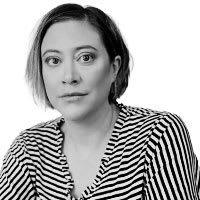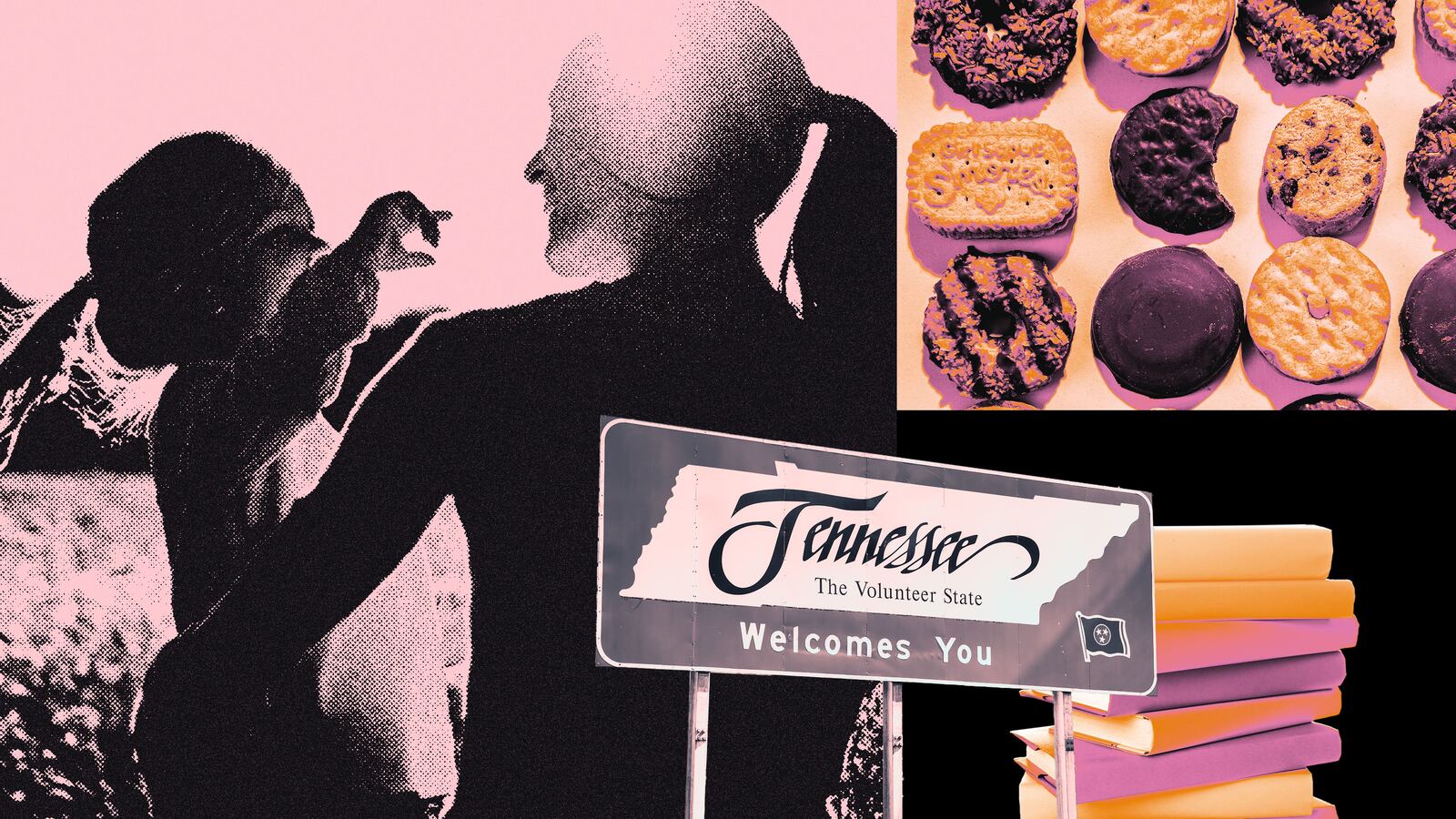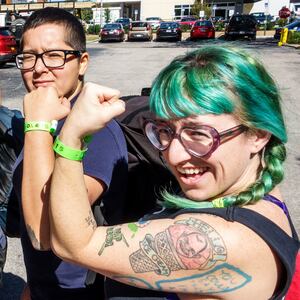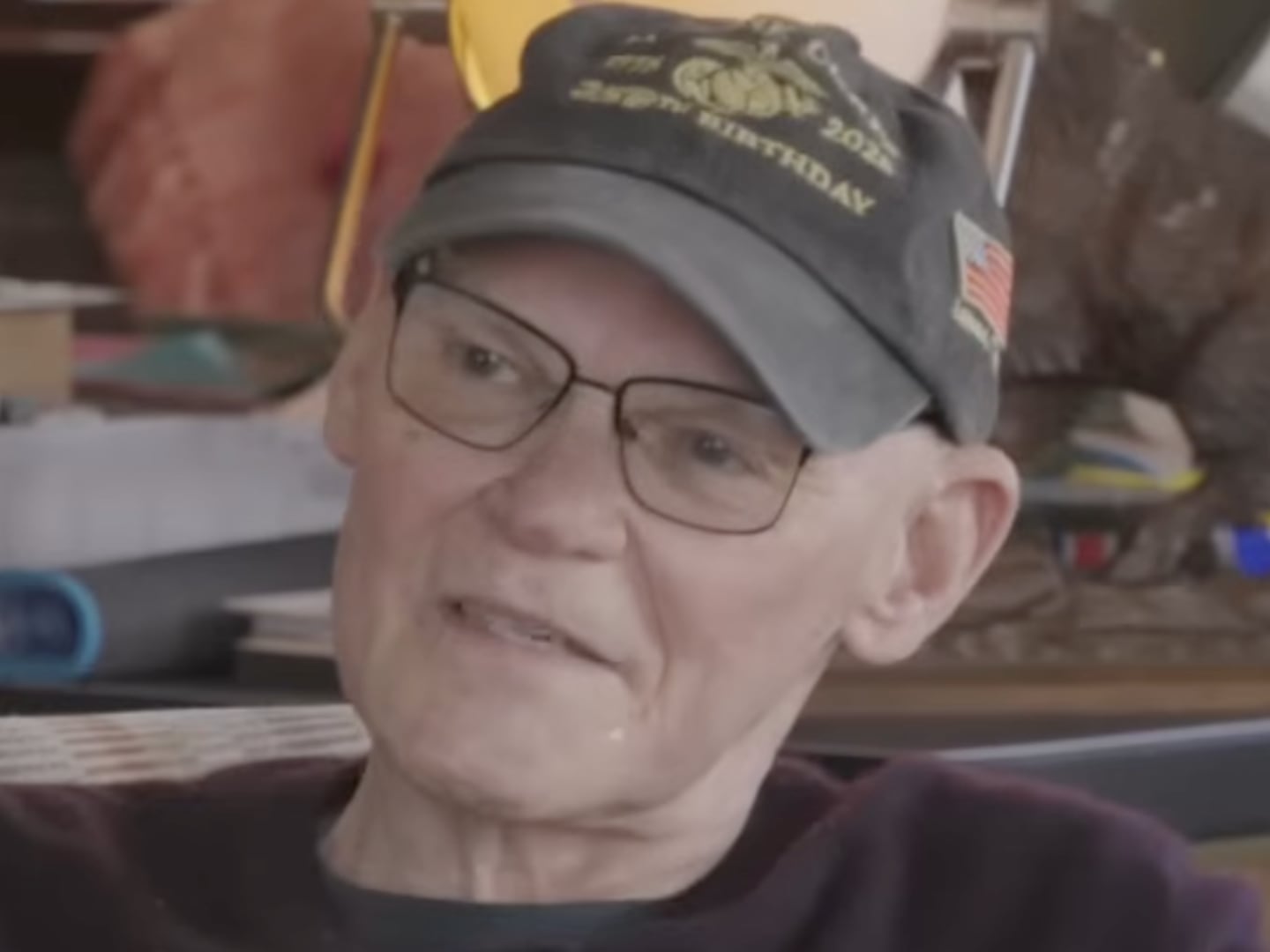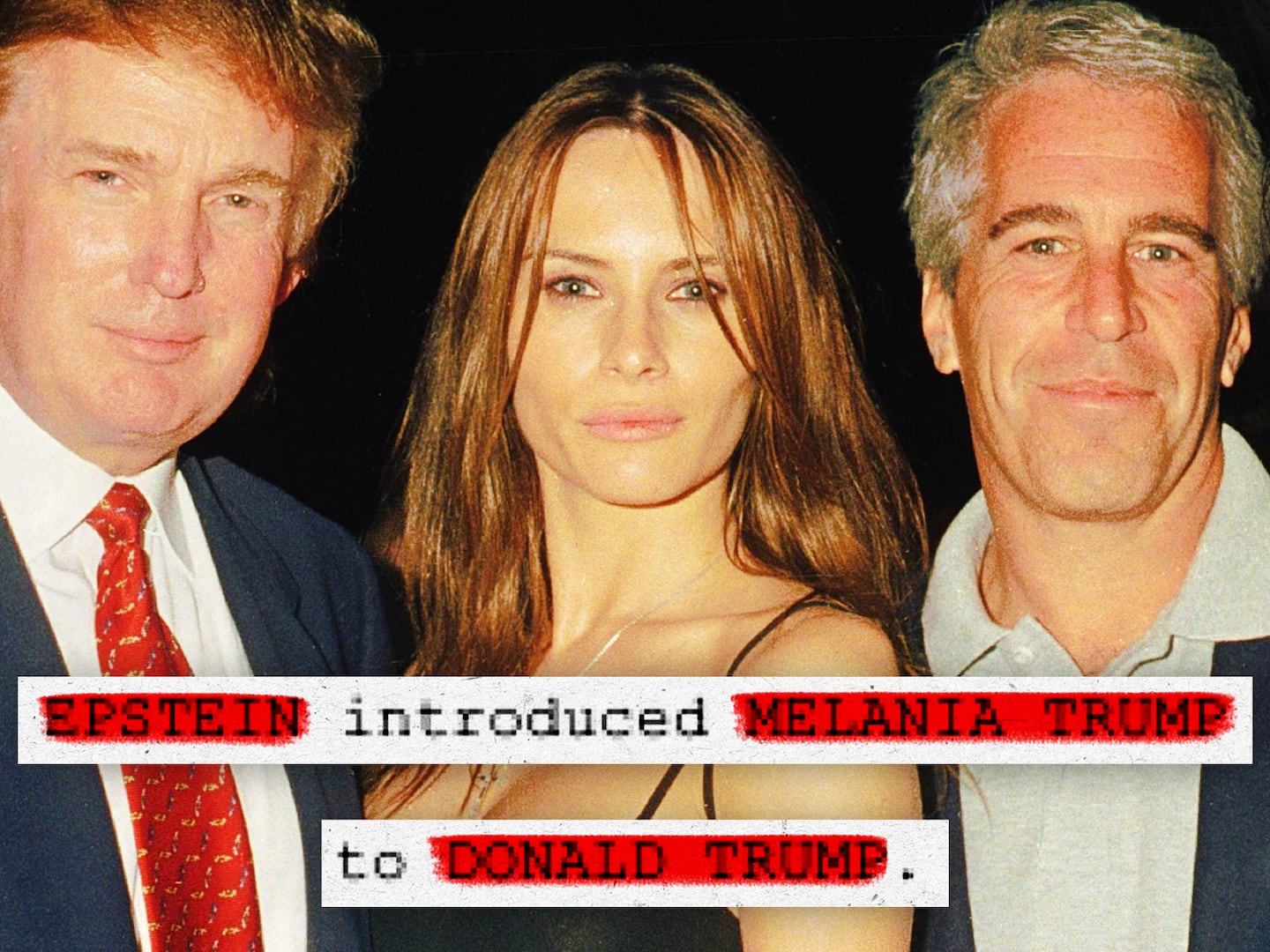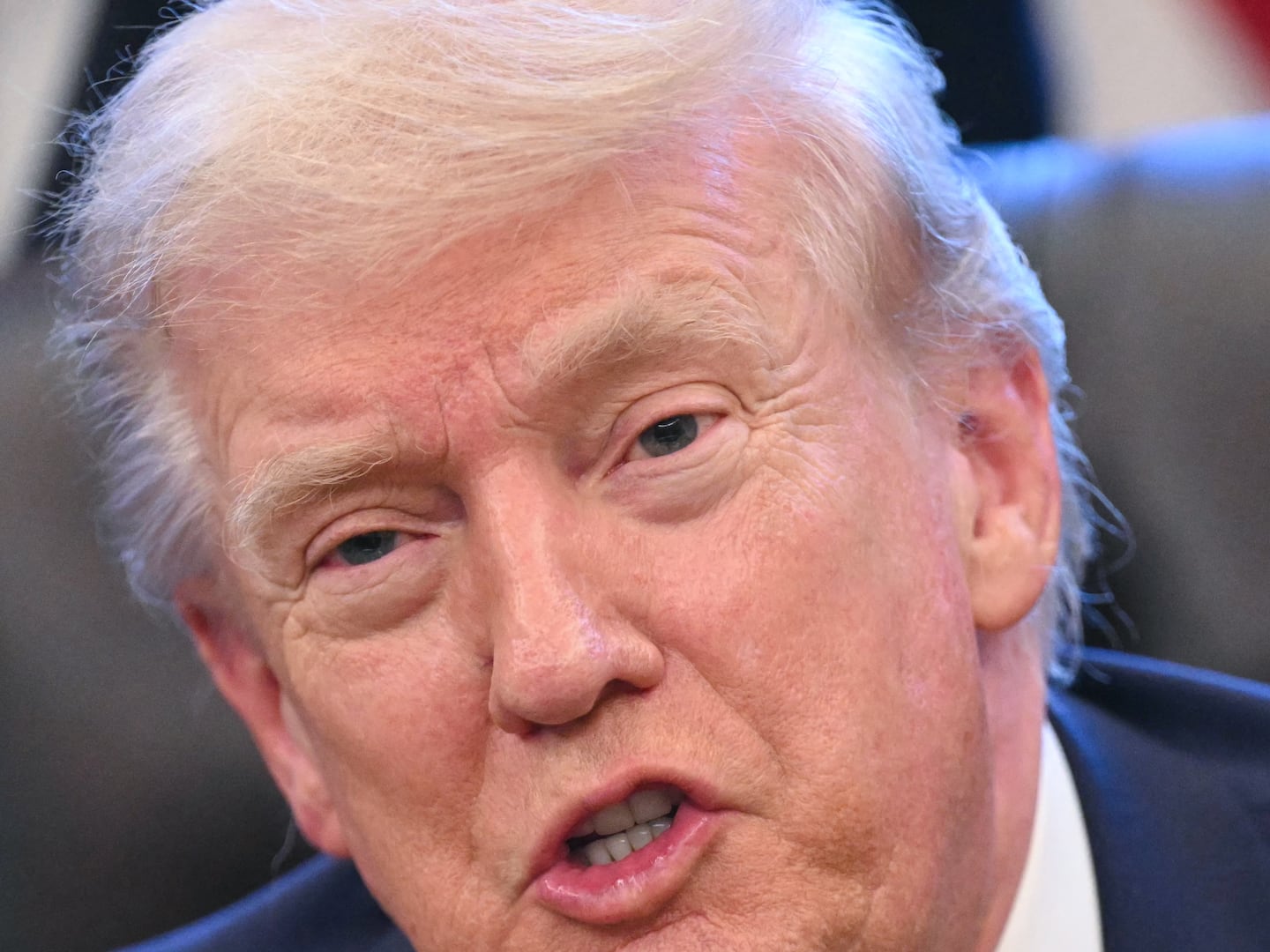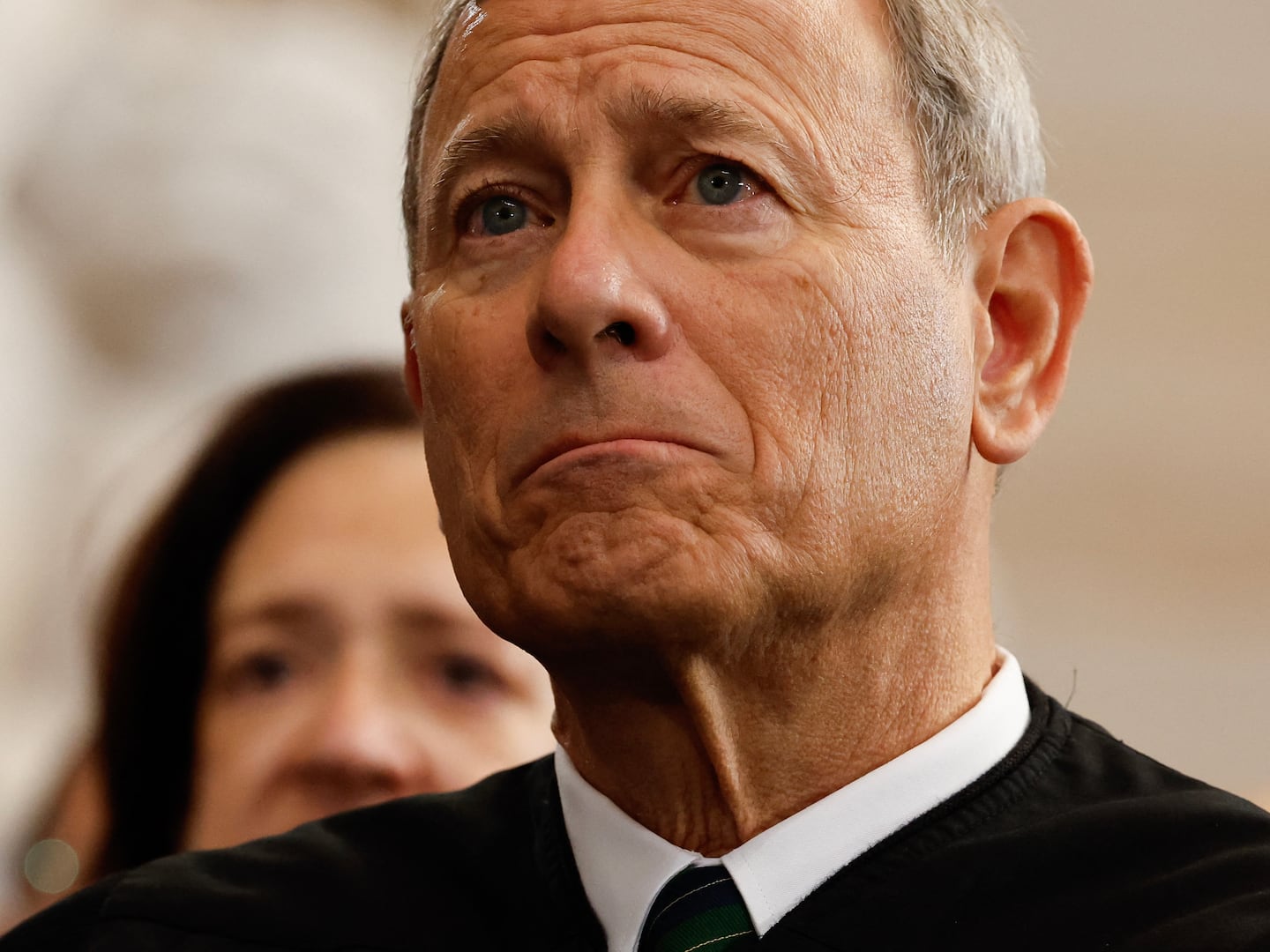I had my daughter in the American South, far from my own family and in a place where we had no guarantee she would be accepted or loved.
Rick Scott’s Florida was where I first grew used to accounting for us, explaining us, making us safe. In my late thirties, I didn’t have a partner. I didn’t identify as queer then, though I was certainly queer. A year away from finishing a doctorate in English, it wasn’t obvious how I could provide for the child I wanted. Some women—too many women—are pressured to become mothers, but I wasn’t one of them.
I decided to use donor sperm from a cryobank to become a mother. I am told that this was an act of grit and bravery, but I prefer to think that my family, just like the children heterosexual married couples have, arose from logic. I was nervous about starting a family in a conservative culture and with precarious career prospects, but my reproductive window was closing. I wanted a baby and the time—well, even if it wasn’t right, it was now.
We lived for her first two years in Florida, then moved to Arkansas so that I could take a visiting teaching position, and later to Tennessee for a tenure-track one. Like so many other people do, I followed the work. In my case, each move drew me farther into the Bible Belt, where there were even fewer families like mine. As for where I am now, it doesn’t get much more biblical than this.
If you didn’t know, mother’s and father’s days are big deals at daycare, and I tried to pretend they weren’t happening. Now I write on any intake form requesting a father’s information that I conceived her with a donor and no data is available, but at her first daycare in Florida, I left that space blank.
I was perplexed when her teachers—capable people underpaid for the important work they did—asked me: What about Father’s Day? I said, what do you mean, what about it?
Well, what did I want my daughter to do while the children made presents for their dads? In the end, I said she could make a gift for her grandfather, uncomfortable with my father being that person in this context. As though I belonged to my father until marriage, following the old patriarchal law.
I didn’t say: Why was a father necessary? Not who, but what are we affirming? I thought but did not ask my queer questions.
I’m not divorced and sharing custody, nor a widow, nor have I been abandoned by a person with a penis. I don’t have a partner of any sex with whom I decided to use donor sperm to conceive. No one is imprisoned, no one has been legally removed from us. There is simply no one. Nothing.
And even more, more than that, I am not auditioning partners. Friends of all genders and ages and living all over the South have helped me raise my daughter, and they will continue. I don’t need whatever a father might have been to us.
During the worst of COVID, I lived in Arkansas, one of the country’s most rural states. For a while, I taught college classes from home; my kid’s daycare closed. Like a lot of people, I was trying to keep it together. It was only us on her third birthday, a party of stuffed animals, a box of brownie mix.
The year before, optimistically seeking community for myself in a new home, I’d joined a church and a women’s Bible reading group. Most in our circle were recovering from religious trauma acquired in childhood or at other churches, telling of Quiverfull abuses by the people who claimed to love them. I felt grateful to learn from the victims of the belief system rather than its eager adherents, even as I worried about putting down roots.
I often felt that my daughter’s origins were a question between us, but to their credit, no one in my women’s group asked. It took me months to tell these women about us. I didn’t mean to cry when I did—I feel no shame about my family—but I wept. We all wept. Then COVID, and I was alone.
The Census Bureau geographically defines the South as 16 states, all of which I’ve visited at one point or another. Each is remarkably unique (and one is Delaware, which I’ve admittedly never considered), but most people I’ve talked to about this hold the South in their mind as a singular entity, especially in relationship to social values. The politics here do little to counteract that impression.
When I had my daughter as I did, and as a queer person, I began to live outside of those social values and their assertions about family.
I anticipate that some Mama Bear reading this will say, what’s the big deal? Do you always have to be comfortable? Does everyone always have to like you?
No, but imagine if every day, moment by moment, you encountered hostility in some degree from those people dominating the place you occupy. Imagine a sweeping and total value system that rejects you and informs every social and legal structure. Imagine trying to raise your kid with any expectation she’d grow up happy or confident or able to be herself. You can’t Mama Bear your way through without wanting better, without asking if you should try to get out.
I thought often during my daughter’s early life about comfort, about how we determine what (or who) makes us comfortable and who (or what) does not. On holiday visits to Pennsylvania and New York, I confided to family and friends that I wasn’t sure about staying in the South. What is there even to do in Arkansas, some wanted to know. Tennessee is a shithole, I heard from others. And isn’t everyone in Florida crazy?
But I live in these places, I pointed out. It wasn’t easy to leave—for economic reasons, but also, when you live anywhere for a period of time and you befriend your neighbors, when you work with good colleagues and teach good students, you invest. Those mountains in the distance become your mountains the longer you look at them.
Fairly early in my time in the South—earlier than I would have thought—words like shithole began to make me uncomfortable.
My daughter’s pre-kindergarten teacher didn’t like her. She never said anything direct, but it was obvious. My daughter told me Mrs. R. was “mean,” but when pressed, could never explain what she did. Now in Tennessee, we wore masks, and I worked as a professor—two strikes. At recess, another kid ripped my daughter’s mask off her face, but that was happening all over the country, wasn’t it?
At our first parent-teacher conference, I explained that I was a single parent of a donor-conceived child. We get all kinds, Mrs. R. told me, briskly. Fathers in prison. Fathers who beat their wives and have to be removed. Fathers who try to pick up their kids at school against the rules. All kinds! She was practically chirping.
Soon after, a rumor started among the kids that my daughter did have a father. That because he was a bad man, I had kept him from her.
Each morning we caregivers lined up outside the school to escort our kids to their pre-kindergarten classrooms. This required that we perform a long, very public walk from the parking lot to the drop-off area, child in tow, then engage in 10 minutes of enforced small talk until Mrs. R. appeared to collect our kids.
Every day walking up I passed a truck with a spare tire cover printed with: I Stand for the Flag, I Kneel for the Cross. Just like every day I drove by a house with a large rock outside, on which the homeowner had painted: Let’s Go Brandon.
After drop-off some would return home to do the work of wives. These women appeared to be the busiest, the most bustling. Others like me went to work for an employer. One mother who pinned her daughter’s hair with giant hair bows wore absurdly high heels announcing her arrival. Click-clack, click-clack.
I acted out a version of myself that I hoped was palpable—local gossip, extracurriculars, clothing sales, vacations, barbecues. Is she divorced? Where is her girl’s father?
Eventually I would tell one of these parents my family’s story, but it would take two years.
On the surface, Girl Scouts is no more than crafts and cookies, learning to camp or ride a horse. But go deeper, and there’s radical power embedded in scouts. Girl Scouts holds space for girls. In scouts, the girls themselves are enough.
I wanted my daughter to be comfortable, to make friends, so in my second year in Tennessee, I became a troop co-leader. In that role, I had a greater say in our activities because I planned them—no daddy dances for this troop. I managed the troop account and planned our trip to the Knoxville Zoo and to a goat farm nearby. My co-leader figured out how to progress on the girls’ patches and journeys.
No one talks about the social aspect for parents and caregivers. The other adults and I froze our butts off together riding on the troop’s float in the Christmas parade. We counted out cookie boxes at our assigned sales booth outside Tractor Supply. I wondered, at times, about the politics of the people around me.
The first time my child visited another family’s home here, saw another girl’s bedroom and played with her toys, it was my co-leader’s house, to play with her daughter. Such a tiny thing, but I might have wept for joy.
When a new bookstore opened in town last year, I asked about starting a poetry reading series, and to my surprise, the store owner said yes. Since then I’ve booked touring poets from throughout the South for Sawmill Poetry. Each month the featured reading is followed by a community open mic.
Our visiting poets are often BIPOC, or (and) they’re queer or gay. At dinner before, they sometimes ask whether they should read their poems that are “safer,” that don’t engage with topics that in our rural Southern town could be considered controversial. Each time the question comes, I wonder how are we in a place where one’s existence all by itself can be controversial? Though, I understand the question and have asked it.
This is a good crowd, I explain. The people here want to read outside their comfort zone. It’s why the series exists and is popular.
Having hosted 12 open mics now, I can admit how little I know about anyone’s comfort zone. Because at the open mic, I learned what occupies the minds of some people here, not everyone, but some, of the variety of experience that inspires poetry and the care taken in voicing a tender concern. Aware poems, self-critical poems, searching poems, complex poems.
Sawmill Poetry is full each month because we offer and protect this space for people to share who they are, their hopes and experiences, and for those core things about ourselves to be heard and affirmed.
A few months after the series began, I learned that several open mic poets were meeting on their own to workshop. Some are parents with kids of all ages, some are grandparents, some are single, and all have different experiences and backgrounds. While I didn’t join this group, I’ve gotten to know each of these people as poets as people. My daughter knows them simply as mommy’s friends.
When I applied for a small local grant, I was surprised to be called in for a friendly interview.
I told the panel about the interest I have in writing about contemporary families like mine. That my family is one embodiment of what has been a life-long process for me, of figuring out how I wanted to live and love. I called myself an advocate for poetry and spoke of my plans to gather people locally to read and write it.
One of the panelists took off her glasses, looked at me, and said, we have been waiting for someone like you here.
Over the last year, I grew close with one of the mothers who waited outside the school with me for Mrs. R. two years ago. Our daughters took dance; our daughters did scouts; it seemed like we were in the same space of enforced small talk over and over again. I haven’t asked about her politics. She doesn’t work outside the home, but she keeps a small farm and has a wicked sense of humor.
When I told her that I couldn’t find a sitter for one of our poetry nights, she told me that I could always drop my daughter off with her. I’m usually there, she said.
One day in the car, we were talking about all of the divorced people we know who have kids.
I’m not divorced, I said, though I know people wonder about that. I continued: In my late thirties, I didn’t have a partner but I wanted to have a baby, so I decided to use donor sperm. I became a mother. I’m so glad I did.
That makes sense, she said.
It really does make sense, I agreed.
Erin Hoover’s second poetry collection is No Spare People (Black Lawrence Press). Her debut collection, Barnburner, won Elixir Press’s Antivenom Award and a Florida Book Award in Poetry. She curates and hosts the in-person poetry reading series Sawmill Poetry, produces the “Not Abandon, But Abide” interview series for the Southern Review of Books and teaches creative writing and literary editing as an assistant professor of English at Tennessee Tech University. You can visit her online at erinhooverpoet.com.
